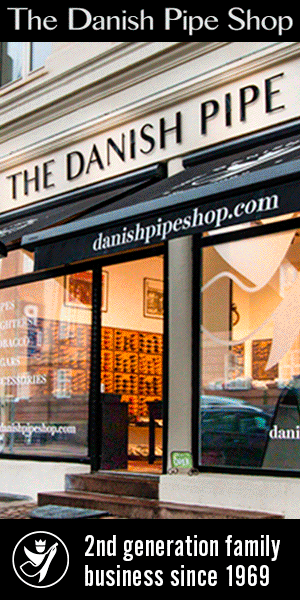Years ago I learned somewhere that Great Britain had a law prohibiting the adulteration of pipe tobaccos for over a century, which was lifted in the 1980s.
It was this law that led to the development of the classic English blend of Virginia, Oriental and Latakia still called English tobacco today. Former colonies had no laws against flavoring tobacco so aromatics became popular outside of England.
I would like to hear from a resident of the United Kingdom exactly what that law prohibited and what was allowed.
Was cavendish outlawed?
Could tobacco be cased in flavored casks?
Was propylene glycol allowed?
Was there cheating or rule bending?
Did it outlaw imported aromatics?
And in a world of ever tighter laws against tobacco, why was the law lifted?
The first reason I want to know is I love to learn new things.
The second is that the do gooders are after artificially flavored tobaccos and we might all be smoking English blends again or making our own.
It was this law that led to the development of the classic English blend of Virginia, Oriental and Latakia still called English tobacco today. Former colonies had no laws against flavoring tobacco so aromatics became popular outside of England.
I would like to hear from a resident of the United Kingdom exactly what that law prohibited and what was allowed.
Was cavendish outlawed?
Could tobacco be cased in flavored casks?
Was propylene glycol allowed?
Was there cheating or rule bending?
Did it outlaw imported aromatics?
And in a world of ever tighter laws against tobacco, why was the law lifted?
The first reason I want to know is I love to learn new things.
The second is that the do gooders are after artificially flavored tobaccos and we might all be smoking English blends again or making our own.







